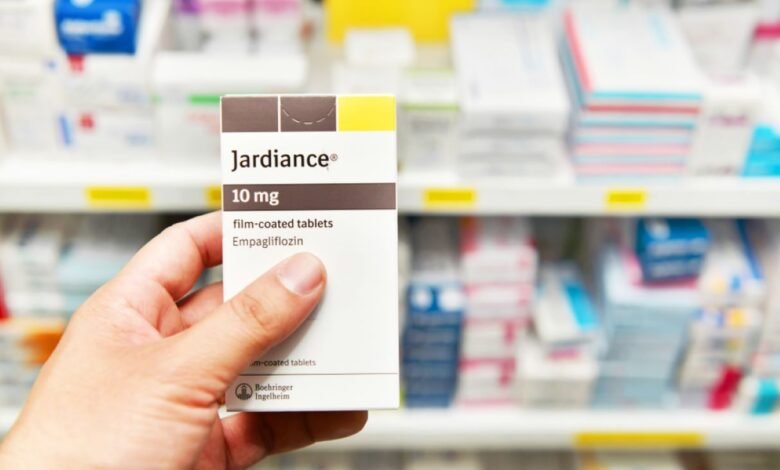FDA grants access to new class of paediatric diabetes medicine

The US Food and Drug Administration approved Boehringer Ingelheim and Eli Lilly’s oral medicines Jardiance (empagliflozin) and Synjardy (empagliflozin and metformin hydrochloride) to manage blood sugar in children with type 2 diabetes (T2D) aged ten years or older.
The drugs are approved for use along with changes in diet and exercise. This is the first time the FDA has approved an oral diabetes drug for paediatric patients since its approval of metformin in 2000.
The FDA first approved Jardiance to help control blood sugar in adults with T2D in 2014. More recently, the regulatory agency also approved the therapy to reduce the risk of cardiovascular death in adults in 2016, and to treat chronic heart failure in 2022. The FDA also granted the drug approval in 2021 to treat adults living with heart failure with reduced ejection fraction.
Synjardy is approved to improve glucose control in adults with T2D, in addition to diet and exercise. The active ingredient in both drugs is empagliflozin, which acts by increasing the excretion of glucose in the urine.
Eli Lilly reported it made $612.3m from Jardiance’s sales in 2022 while Boehringer Ingelheim made Synjardy sales amounting to €5.83bn ($6.37bn). This was a 48% sales increase compared to Boehringer’s previous financial year, making Synjardy the company’s top-selling product in 2022.
This latest approval is based on results from the Phase III DINAMO trial (NCT03429543) that investigated the safety and efficacy of both drugs. The study measured blood sugar levels with a haemoglobin A1C assessment and found patients treated solely with empagliflozin had an average 0.2% reduction in haemoglobin A1c compared to an average increase of 0.7% in the placebo group. The haemoglobin A1C test provides information about a patient’s average blood sugar levels over the past two to three months. A lower score on the assessment correlates to lower blood glucose levels. Trial data also showed that patients taking empagliflozin had lower fasting plasma glucose compared to those taking the placebo.
In a press release, Dr Michelle Carey, associate director for therapeutic review for the Division of Diabetes, Lipid Disorders, and Obesity in the FDA’s Center for Drug Evaluation and Research said: “Today’s approvals provide much-needed additional treatment options for children with type 2 diabetes.”
Source link
#FDA #grants #access #class #paediatric #diabetes #medicine